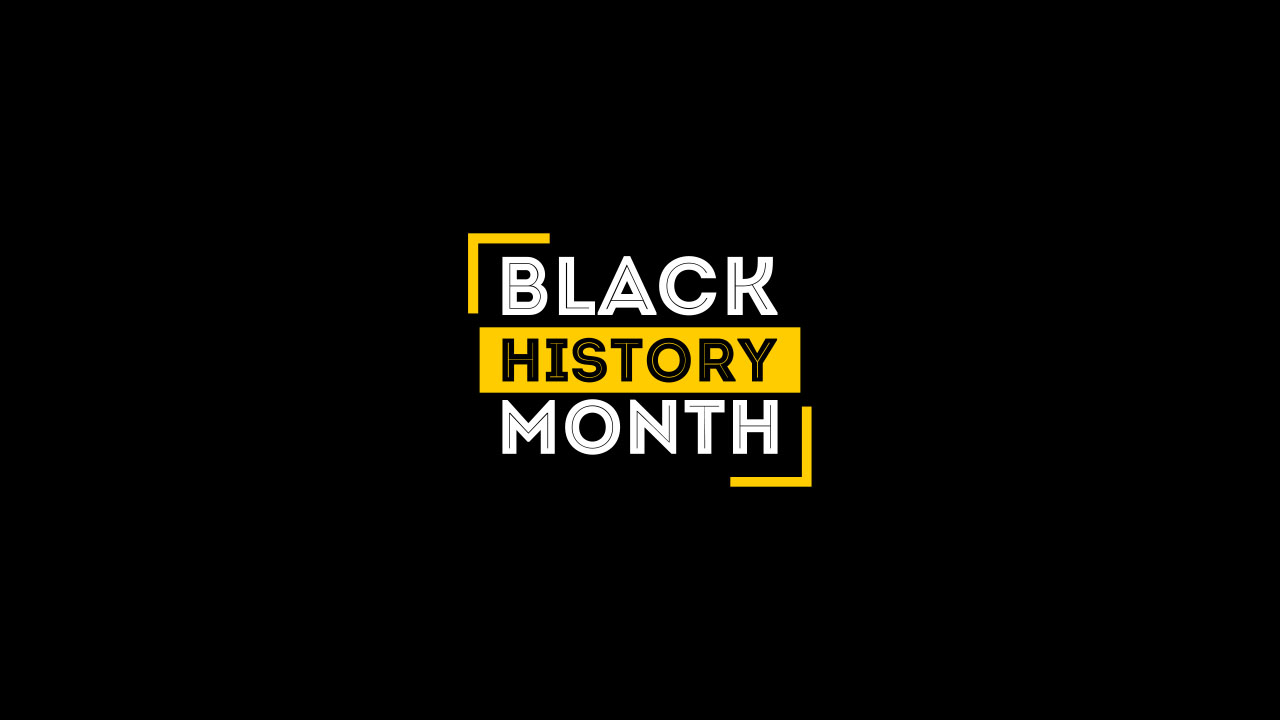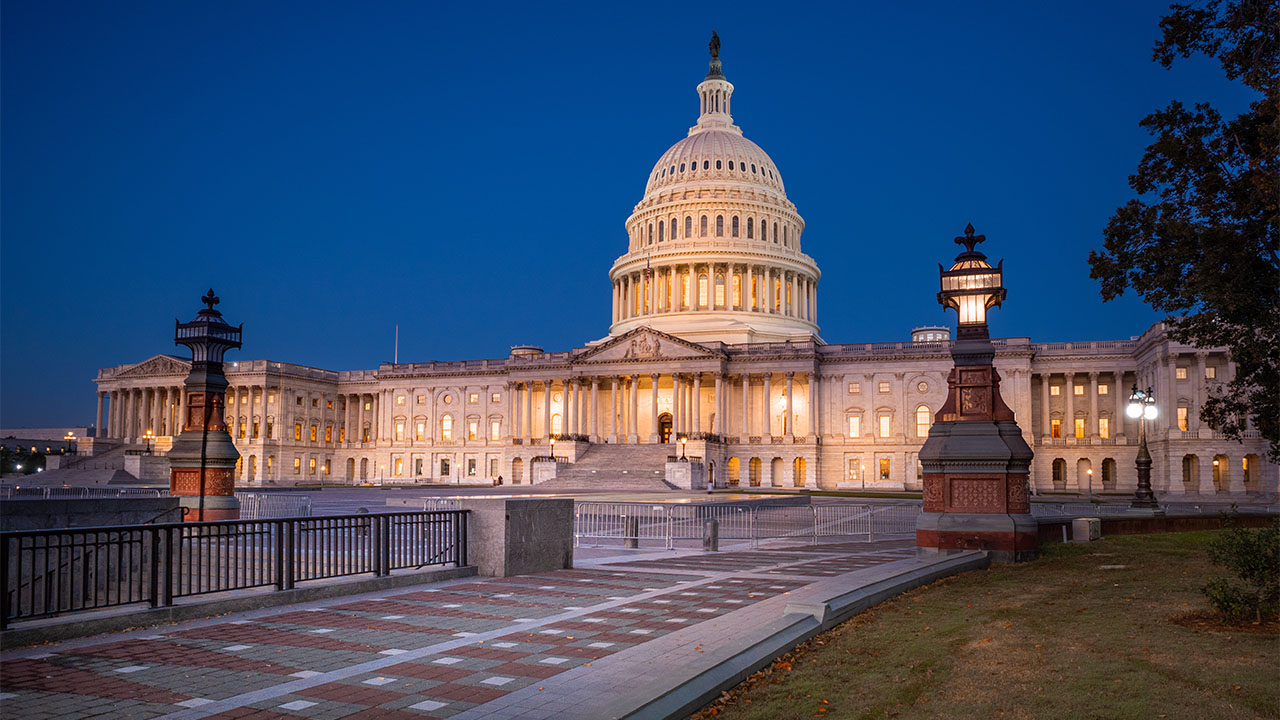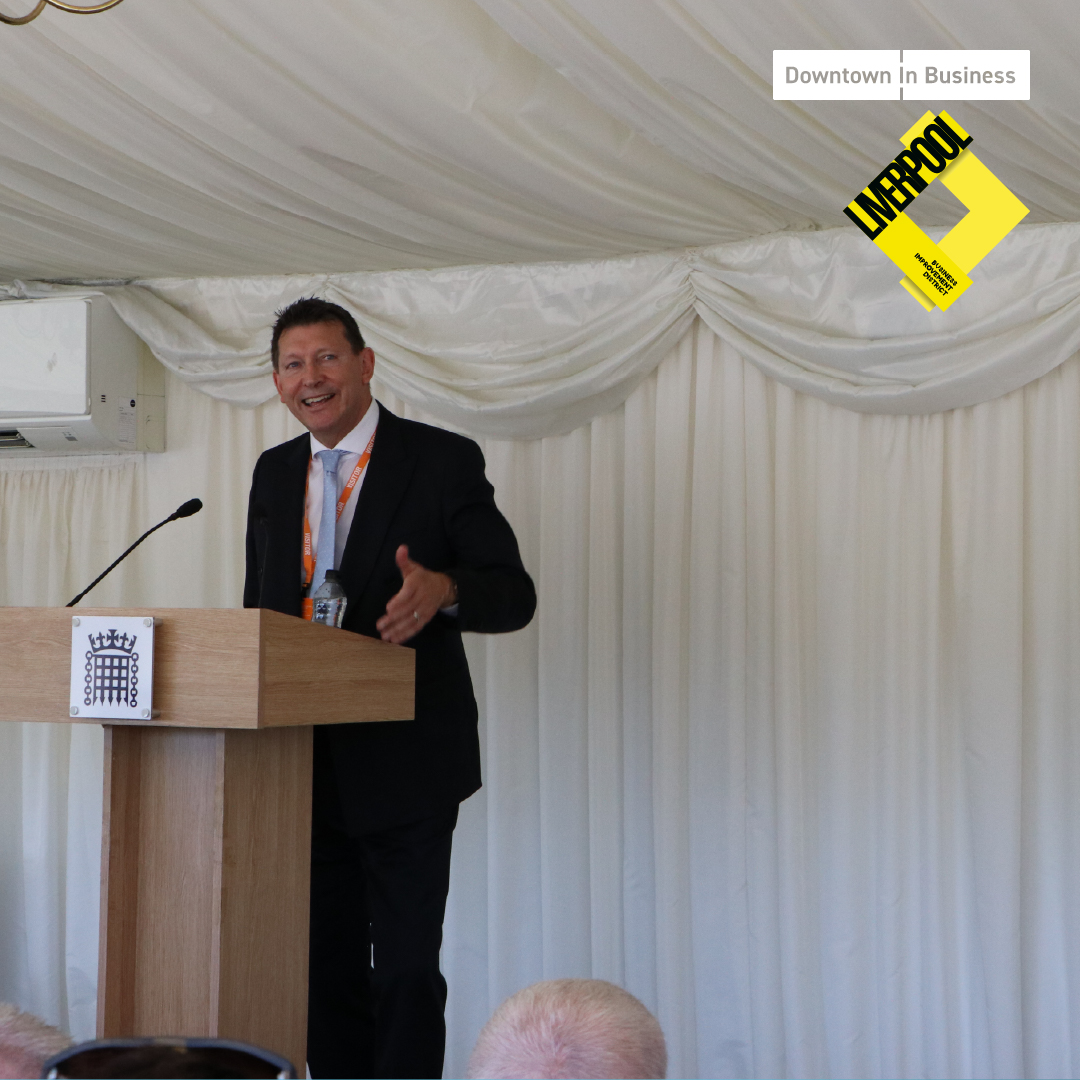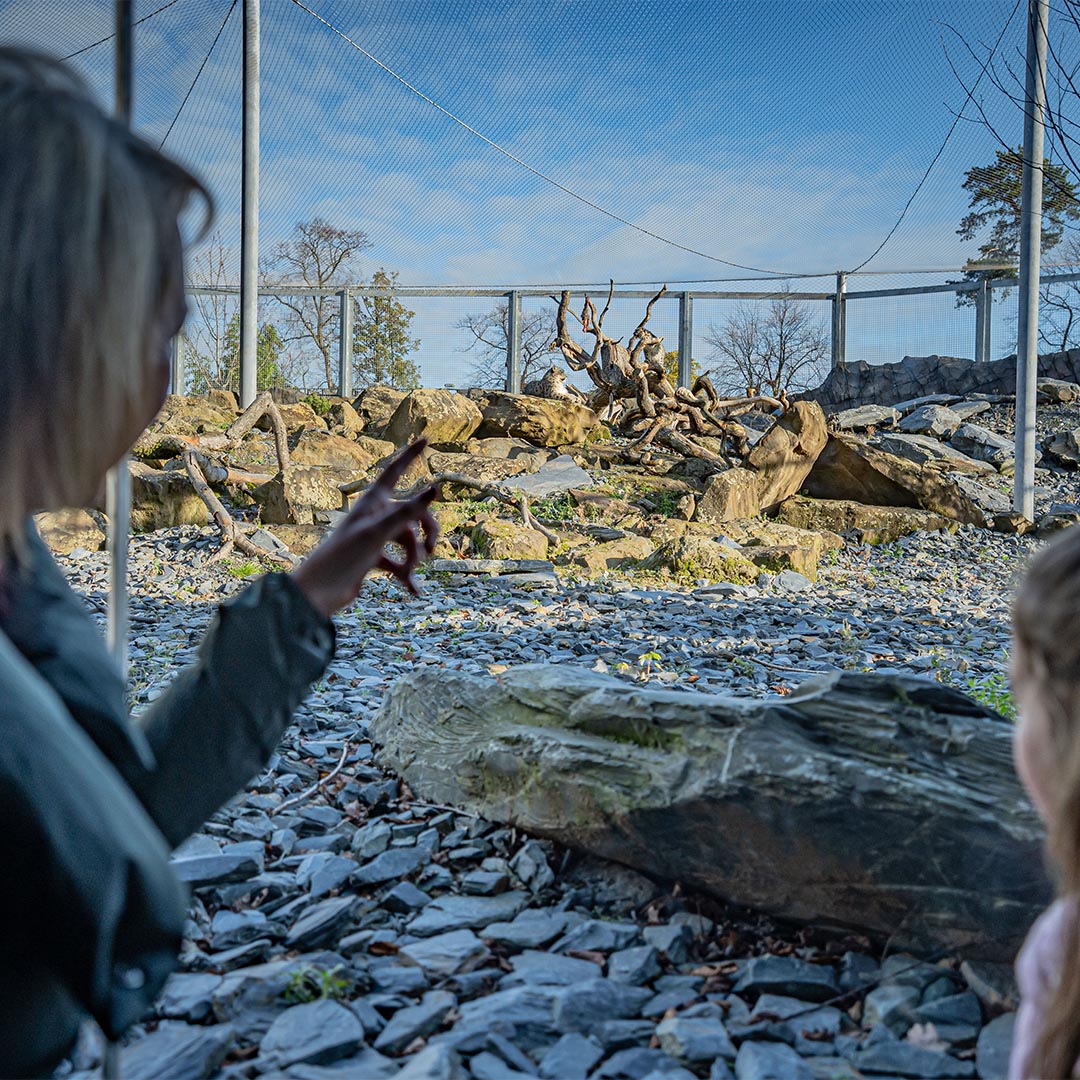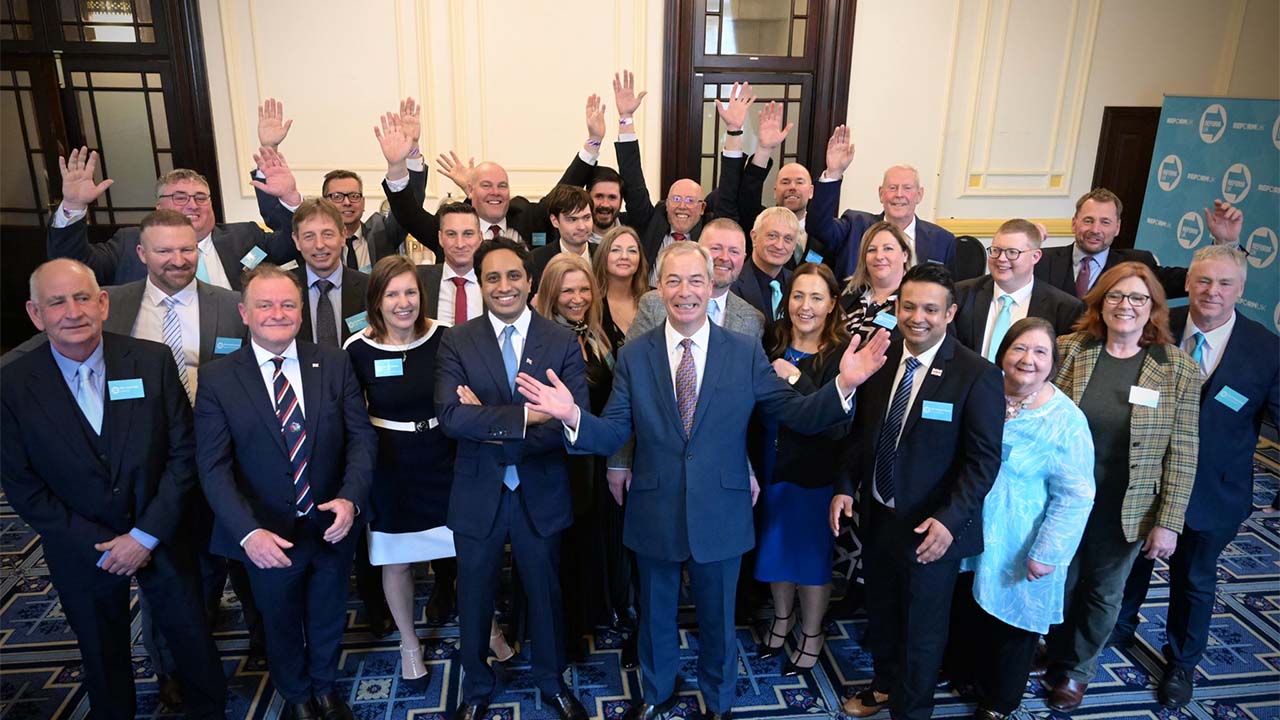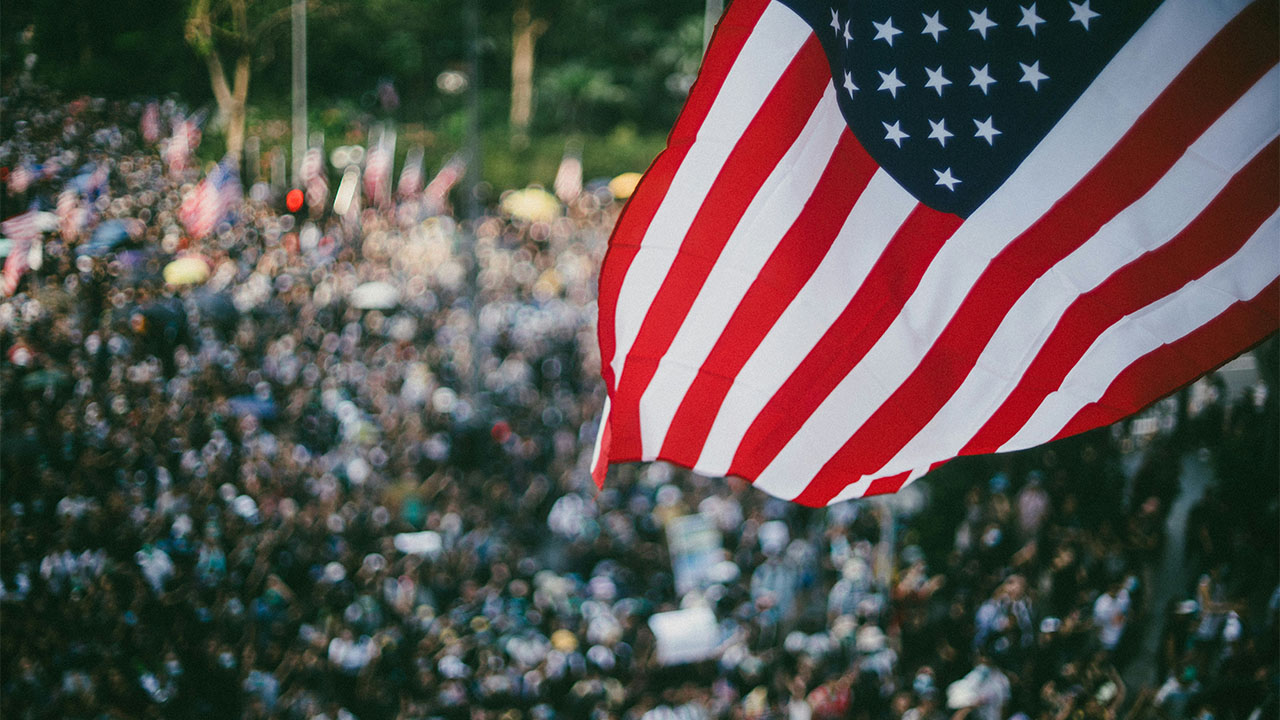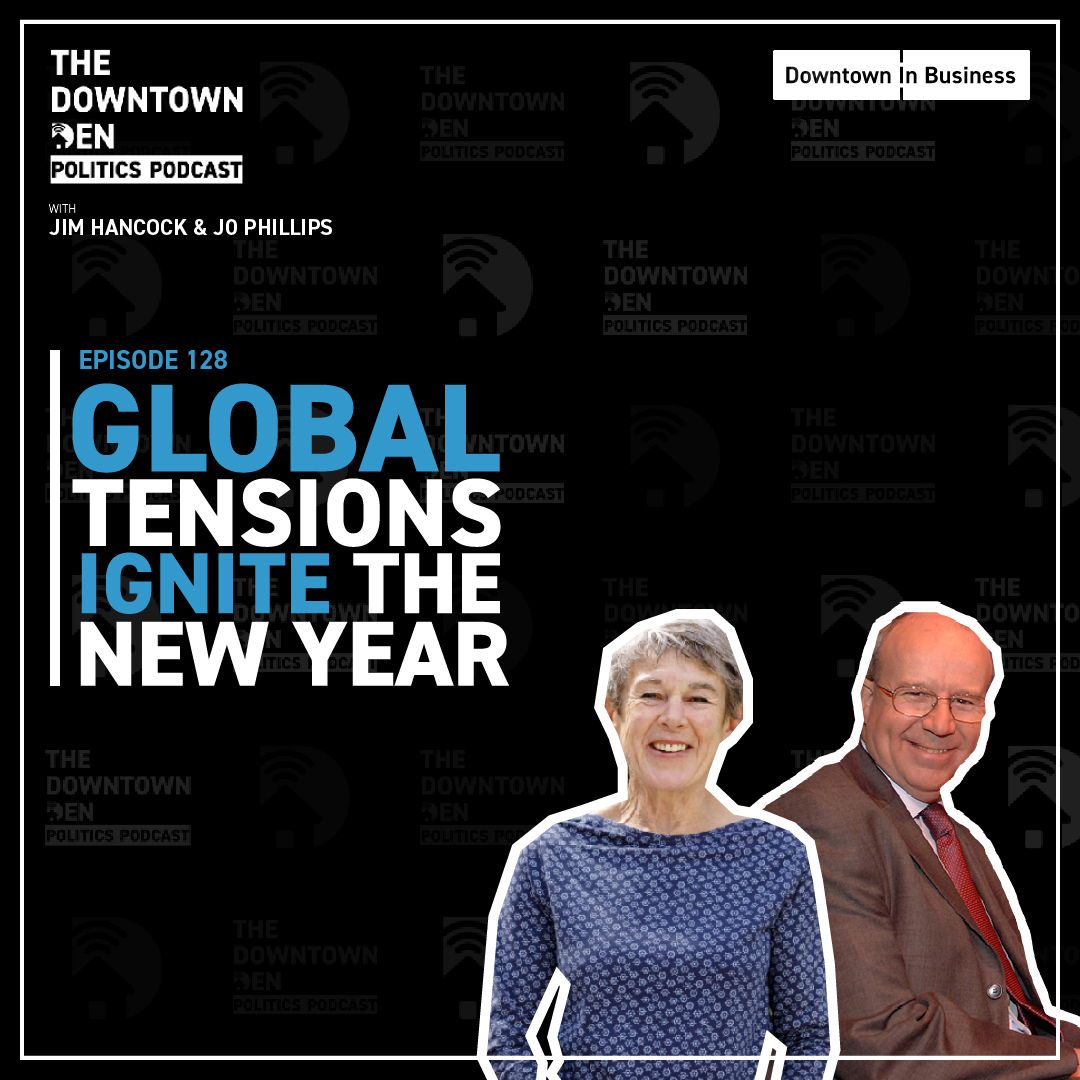February is Black History Month in the United States, established to honour and recognize the contributions of African Americans to the nation’s history and culture. In schools, colleges and universities across the nation it is intended as a time for students to reflect on the struggles and accomplishments of black individuals and communities throughout American history and to promote greater awareness and understanding of the African American experience.
Since its inception in 1976, Black History Month has also achieved several notable achievements and accomplishments, and a few unintended consequences along the way.
Undoubtedly, it has increased awareness and understanding of black history and has raised awareness of the contributions of African Americans to the country’s history, sport, art, culture, business and politics. It has helped highlight the often-overlooked achievements of black individuals and communities in the face of adversity and discrimination.
The 2016 film Hidden Figures recounts one such moment. African American mathematicians Katherine Goble Johnson, Dorothy Vaughan and Mary Jackson were some of the maths brains behind NASA’s program to put a man in orbit. In the movie, the three black academics battle daily to overcome the racial and misogynistic bias of almost everyone else in the space programme; from having to eat alone to breaking into ‘Whites Only’ Libraries and Reading Rooms to get the books to teach themselves how to program computers to help America win the Space race.
Other than the wise white woman who sees their talent and breaks the mould so they can flourish, it is one continual battle against institutional hostility.
In reality, Dorothy Vaughan was promoted to be the supervisor of West Computing in 1949, becoming the first Black supervisor at the National Advisory Committee for Aeronautics (NACA) and one of its few female supervisors. In 1958, when NACA became NASA, segregated facilities, including the West Computing office, were abolished. Vaughan and many of her peers transferred to the new Analysis and Computation Division (ACD), a racially and gender-integrated group.
Of course, its Hollywood, and embellishment sells tickets and gets revenue. The actors are excellent and make it compelling, it isn’t historically accurate, but does that matter?
I’d argue yes, accuracy does matter.
The achievements of these women were significant and contributed greatly to the nation’s endeavour. They were trailblazers for others to follow and African American mathematician Gladys Mae West’s work on spatial modelling went on to be the secret sauce behind GPS, a device we all depend on today.
So, by fictionalising their achievements for dramatic effect are we trivializing what they actually achieved?
And that ‘White Hero’ narrative – we can probably do without that.
We all know that is only there so white audiences can agree they too would have done the right thing, and all that nasty business their granddaddies and great-granddaddies were caught up in can be forgotten.
Obviously, it’s not my call as to how African American history is portrayed and remembered, I’m a White European, straight from central casting in this piece.
But other marginalised and discriminated against groups have battled for historical accuracy for too long. The native Americans, who are probably the most discriminated against people in the nation’s history, are still battling their Hollywood stereotype.
There is nothing more distressing that driving through the ‘Indian Reservations’ and seeing feather headdresses, tomahawks and beaded moccasins for sale alongside ‘FireWater Whiskey’ at ‘Indian Joe’s Gifts and Souvenirs”. Economic reality I hear you say – clearly there is a market for these trinkets, but it seems sad and wrong on so many levels.
And when Cleveland Indians supporters and Washington Redskins fans complain their heritage is being undermined by being asked to change their name and logos to something slightly less insulting, they really are missing the point.
I wish Black History Month well. It is doing great things to teach this and future generations that equality and democracy are our most valuable gifts.
I wish my state’s Governor would do more to promote it – and Hispanic Culture Week and Native American Day – rather than supporting book burnings and teachers being fired for talking about these issues in a way which offends his delicate disposition.
But mostly I hope it remains a celebration of individual achievement and the success of community diversity. Don’t give the haters a reason to undermine it, they are only too happy to do so.


